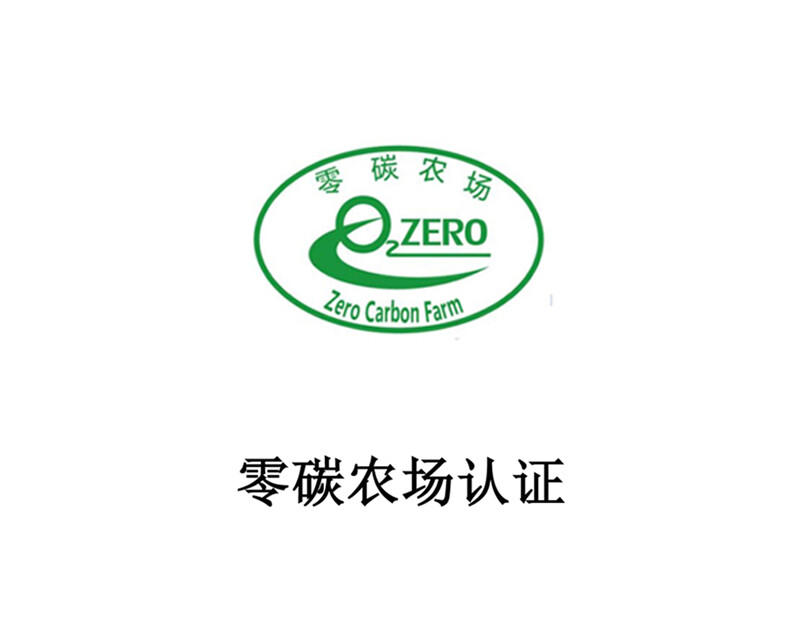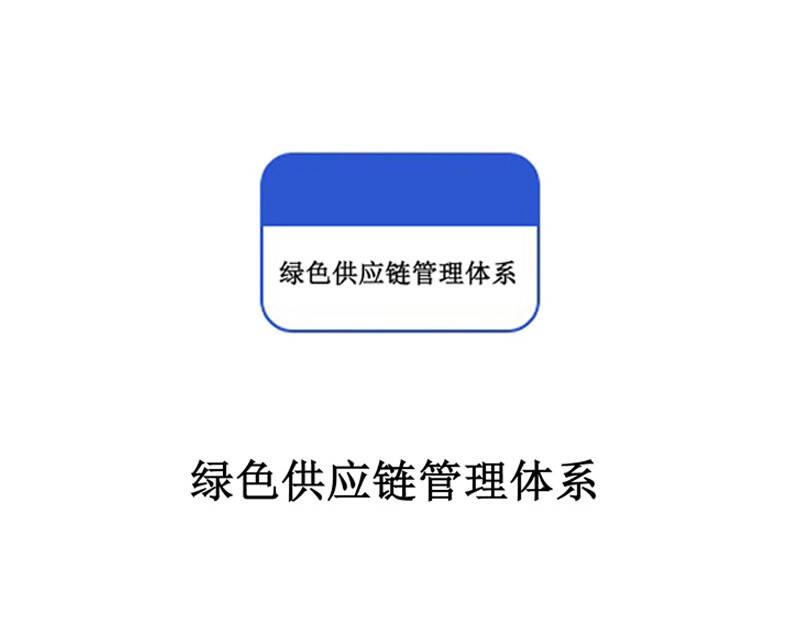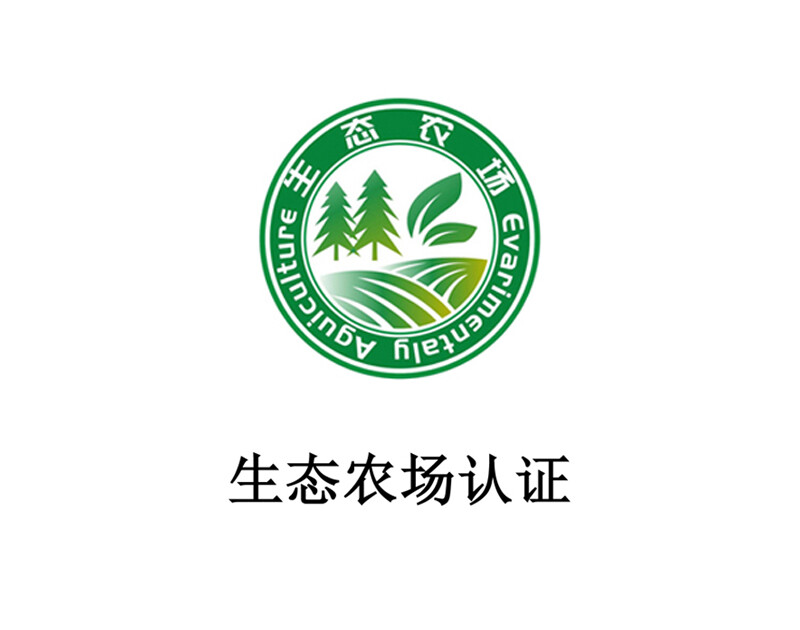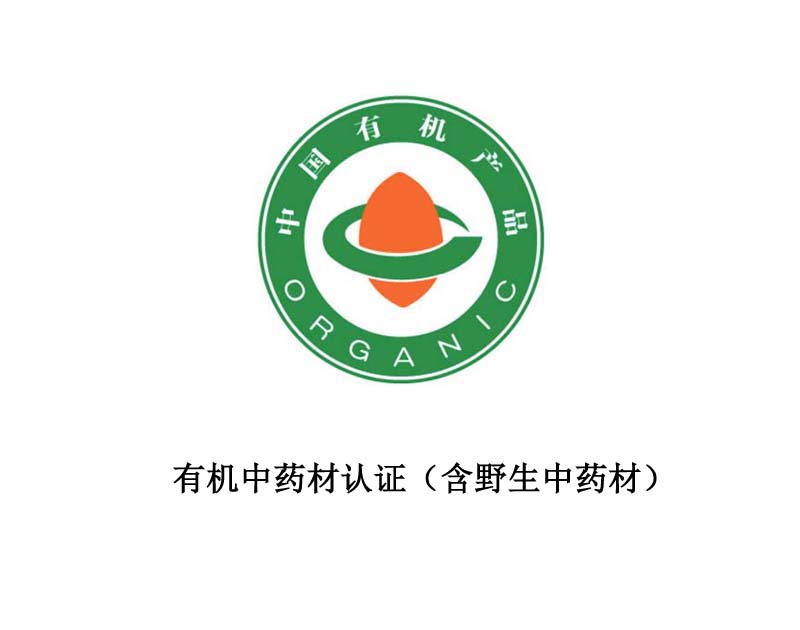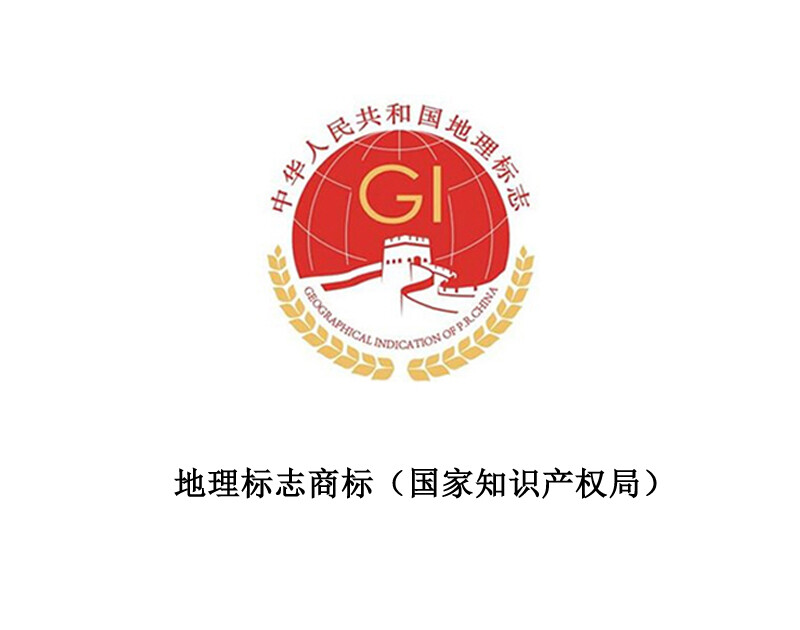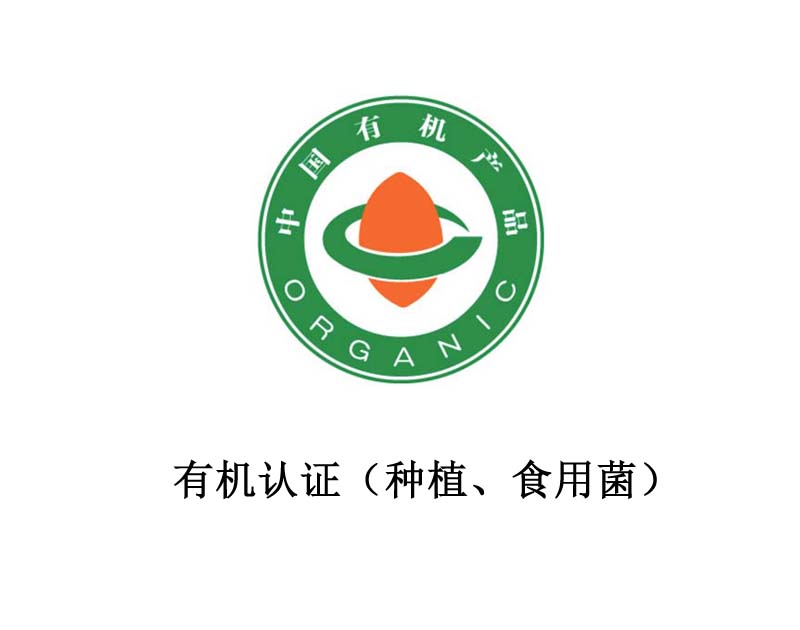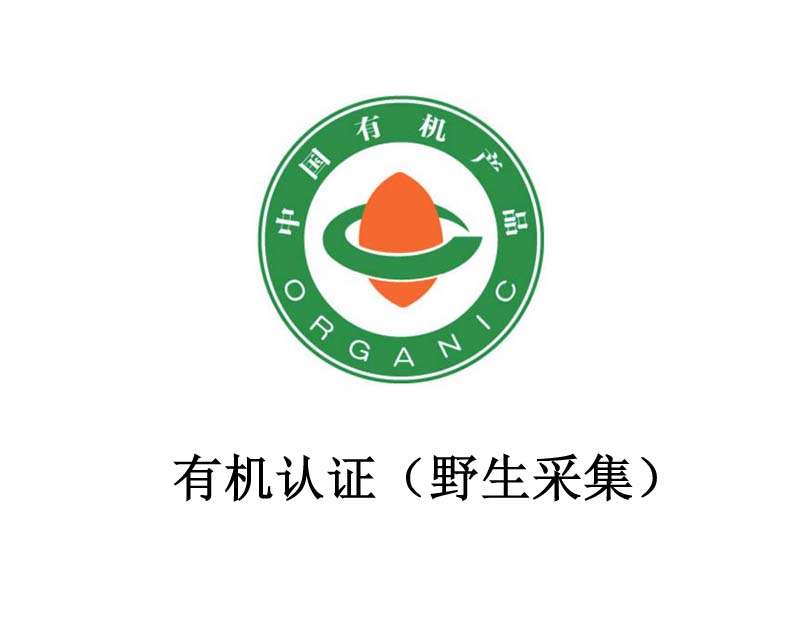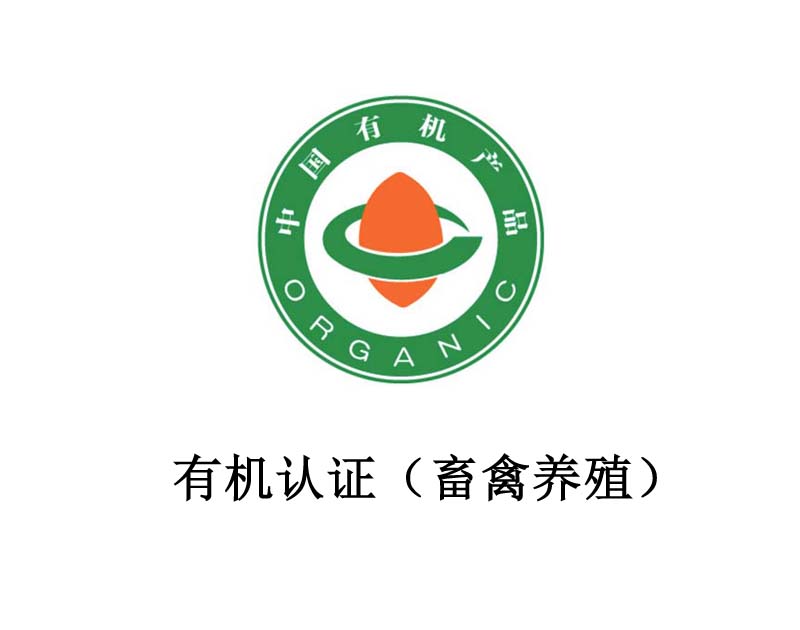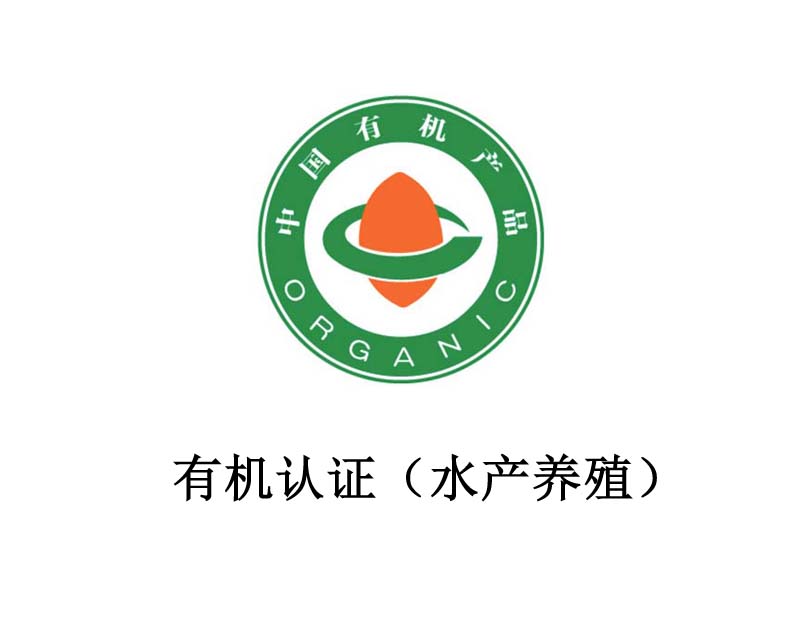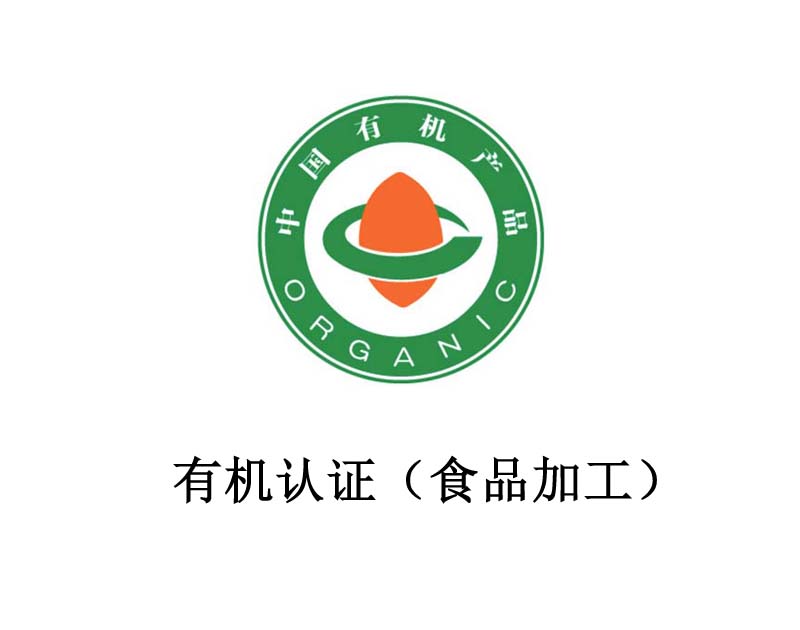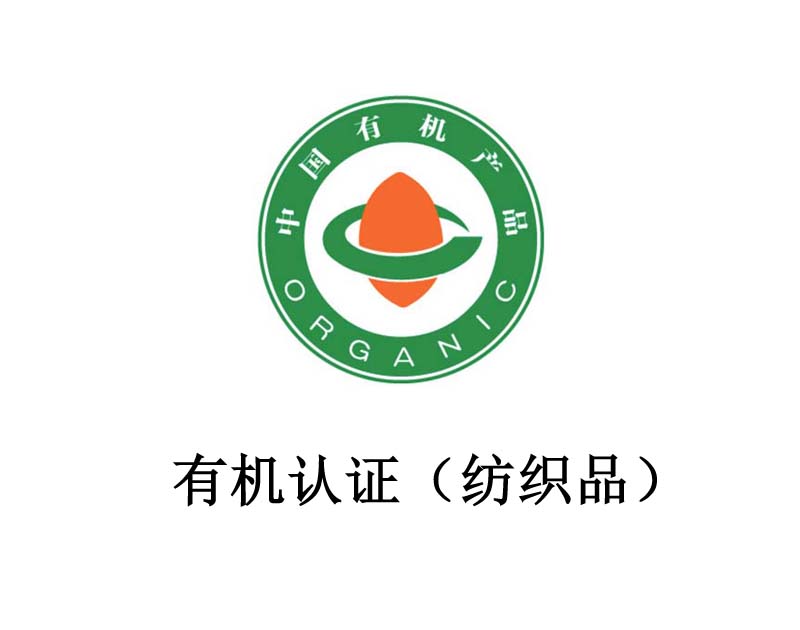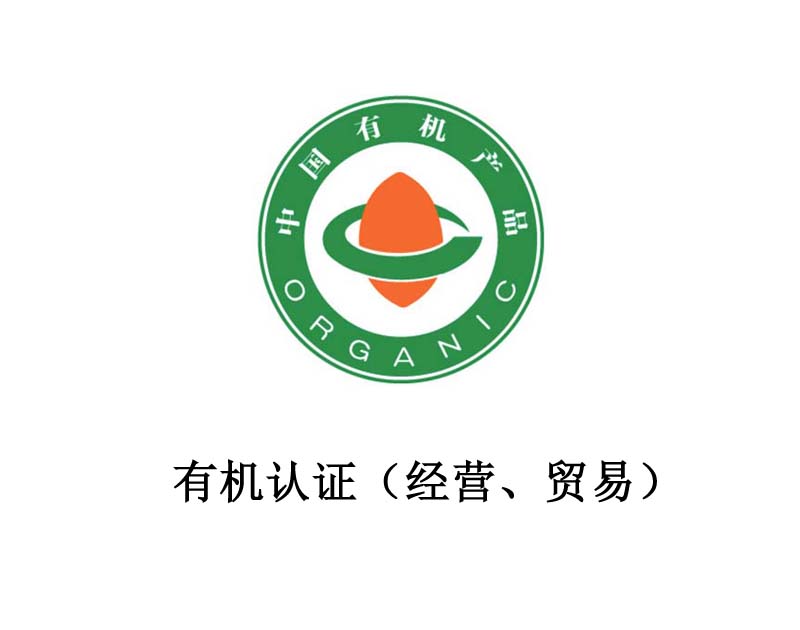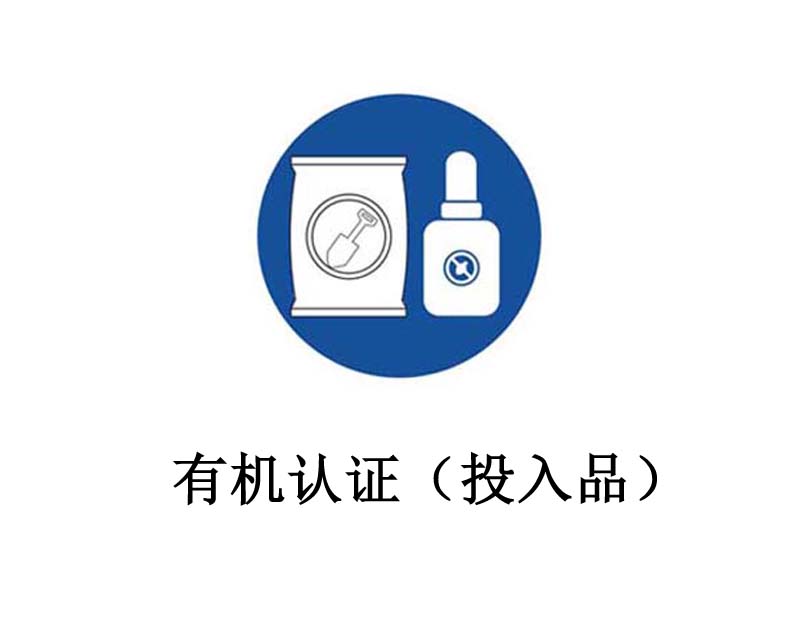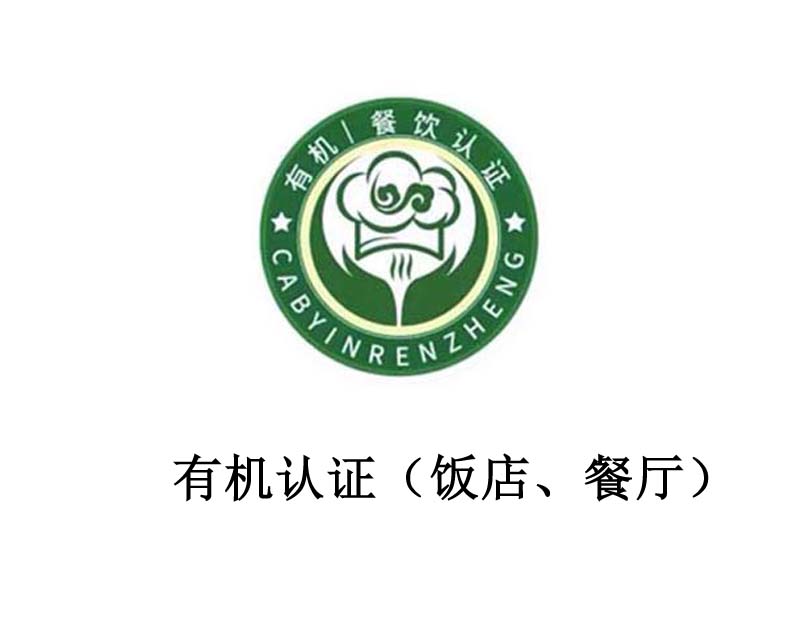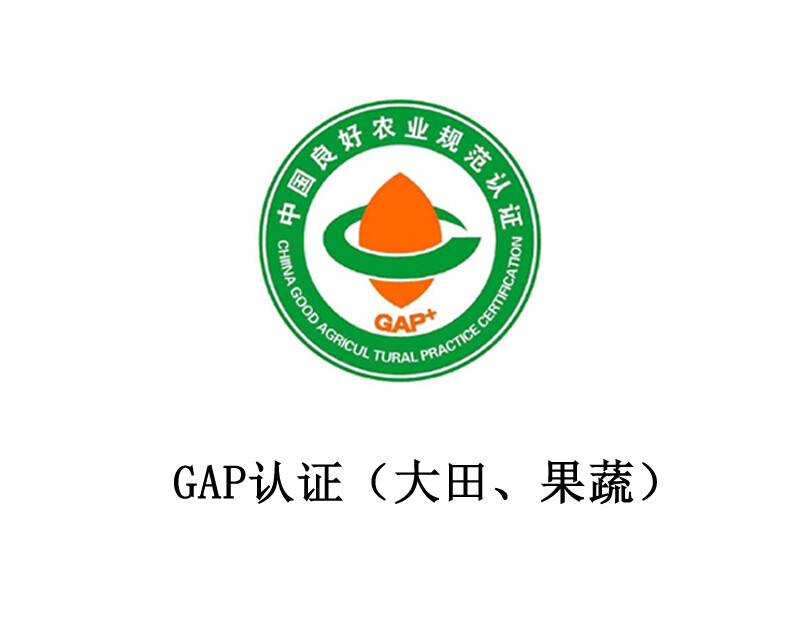Agricultural Product Food Certification Service Network
Technical Support: China Green Huaxing (Beijing) Agricultural Research Institute
Copyright: Guohuan Organic Agricultural Products (Dezhou) Co., Ltd
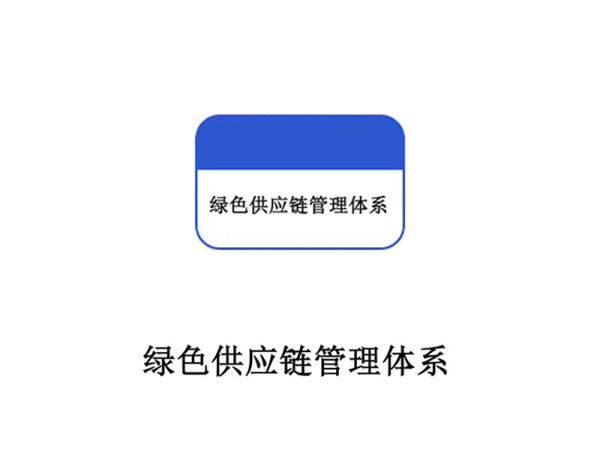
【Introduction to Green Supply Chain Management Evaluation and Certification】:
Green supply chain management evaluation and certification integrates "green" and "environmental awareness" into the entire supply chain, analyzes the factors that affect the environment in the supply chain management process from aspects such as product design, raw material production, supply process, production process, sales, transportation and use, recycling and reuse, and proposes the basic ideas, research conditions, framework system and evaluation methods of green supply management. The purpose is to enhance the perceptual understanding of the green supply chain and the importance of supply chain management to environmental protection.
Green supply chain management has the characteristics of fully considering environmental issues, emphasizing data sharing among suppliers, closed-loop operation, embodying the idea of parallel engineering, and applying modern network technology. Green supply chain management is not only a corporate management method that takes into account both environmental and economic benefits, but also an effective policy means for the country to use market mechanisms to achieve energy conservation and emission reduction and economic development in parallel.
[Benefits of green supply chain management system to enterprises]:
1. National standard certification and national recognition can enhance the green image of enterprises. Enterprises that implement green supply chains can establish the message that their products are safe and reliable and that they value social responsibility, and can more easily gain the recognition and trust of dealers and consumers; thus, improving the competitiveness of enterprises in the market;
2. Implement environmental assessment of the green supply process to maximize resource utilization, reduce resource consumption, reduce operating costs, and reduce or eliminate environmental pollution.
3. Enterprises seek alliances to implement green supply chains in the fierce market competition. In the green supply chain, they can integrate with upstream and downstream enterprises, complement each other's advantages, and combine strengths to bring more benefits to the entire supply chain.
5. Green technology trade barriers can be avoided. Many countries in the world, especially developed countries, attach importance to ecological issues and have established corresponding technical clauses and environmental protection laws and regulations. If companies want to survive for a long time, they must make their products meet the corresponding green standards, and to achieve these standards, they must implement a green supply chain.
[Required conditions for green supply chain certification applicants]:
1. The applicant organization should obtain a business license or industry license;
3. The applicant organization should establish a system in accordance with the certification standards and operate it effectively for more than 3 months;
4. The applicant organization has not been subject to administrative penalties by the competent government department in the past year, and has not been included in the list of seriously dishonest entities in national credit information;
5. Other conditions specified in the standards.
